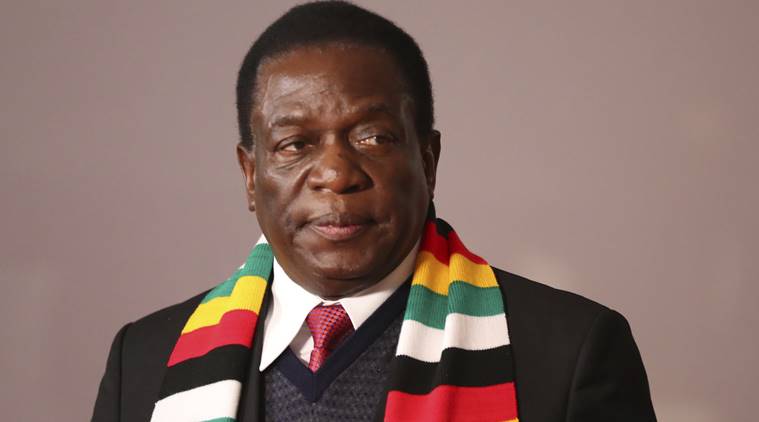Zimbabwe has officially abolished the death penalty following President Emmerson Mnangagwa’s signing of a bill into law on Tuesday. This monumental decision will commute the sentences of approximately 60 prisoners on death row to jail terms, marking a significant step in the country’s justice reform.
Decades Without Executions
The death penalty had not been enforced in Zimbabwe for nearly 20 years, with the last execution taking place in 2005. This hiatus was partly due to a lack of willing state executioners. President Mnangagwa, who faced the death penalty himself during Zimbabwe’s liberation struggle in the 1960s, has been a vocal opponent of capital punishment since taking office in 2017.
The president’s opposition stems from personal experience. During the fight against white minority rule, Mnangagwa was sentenced to death for sabotaging a train but had his sentence commuted to a decade in prison. His stance has led to several death sentences being converted to life imprisonment during his tenure.
Global Applause and Regional Implications
Amnesty International celebrated the development, calling it a “milestone in ending cruel, inhuman, and degrading punishment.” The human rights organisation further described it as a beacon of hope for other African nations moving toward abolition.
Zimbabwe joins 24 African countries that have fully abolished capital punishment, according to Amnesty. Nations such as Kenya, Liberia, and Ghana have also made strides in this direction but are yet to pass similar laws.
A Global Perspective on Capital Punishment
Globally, 113 countries have eradicated the death penalty. However, the practice persists in some regions. Amnesty recorded nearly 1,200 executions worldwide in 2023, a stark rise from the previous year’s figures. Iran and Saudi Arabia accounted for almost 90% of these executions, with Somalia and the United States following closely.
Amnesty International continues to campaign against the death penalty, emphasizing its commitment to eradicating what it calls a “cruel and inhuman punishment.”
The Path Forward for Zimbabwe
President Mnangagwa’s move to abolish the death penalty underscores a commitment to justice reform and sets an example for the region. It is a step towards aligning Zimbabwe with international human rights standards and fostering a more humane legal system.












